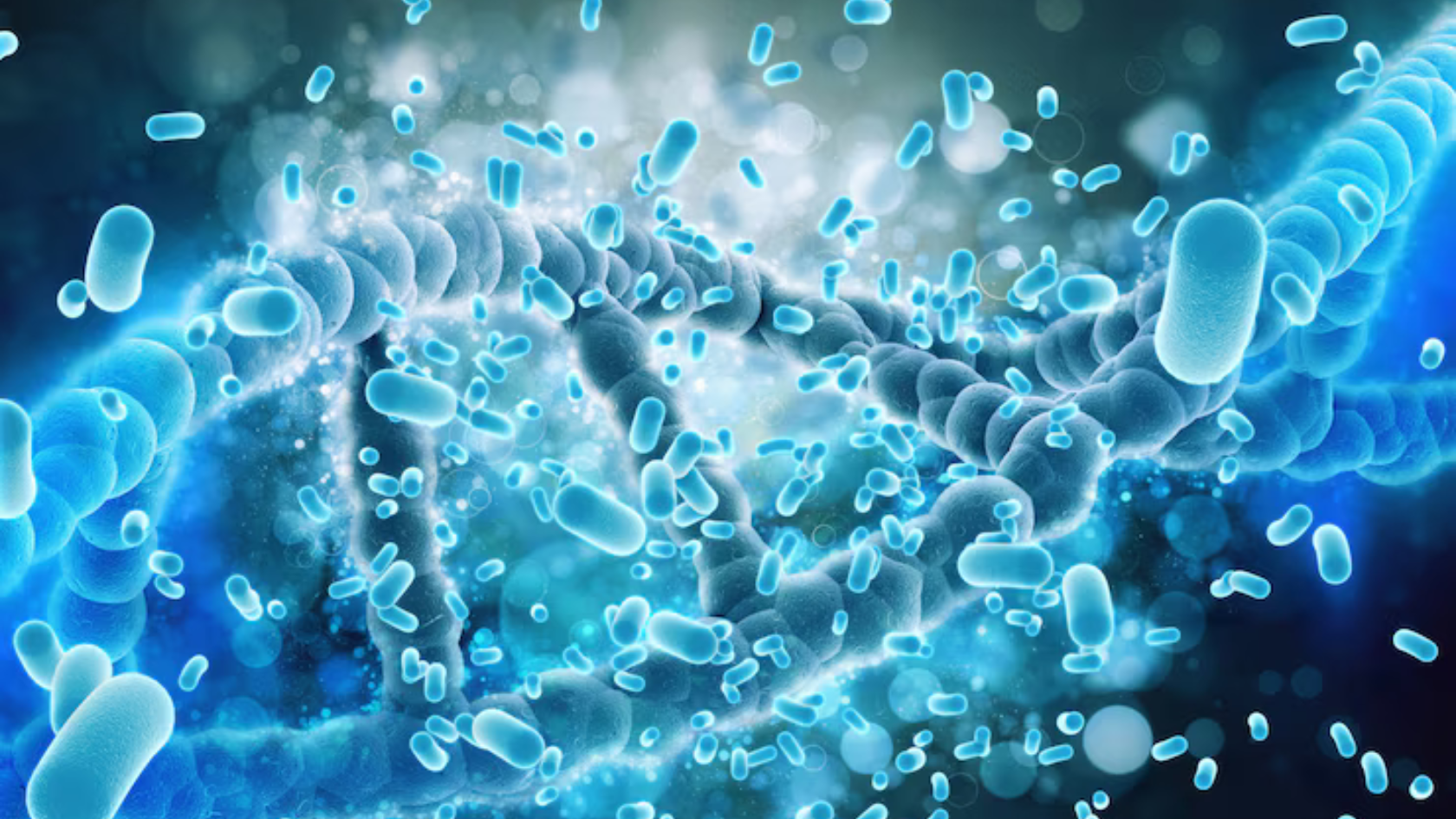Androgen receptors are proteins found in different parts of the body. They help the body respond to androgens like testosterone. These receptors are involved in important processes like male development, muscle growth, and reproductive function.
If you’re thinking about or already taking testosterone replacement therapy, it’s important to understand how these receptors work. Testosterone uses androgen receptors to affect the body. When the receptors work properly, you might feel better—more energy, better mood, and stronger muscles. But if the receptors are too active or not active enough, problems can happen. That’s why it’s important to monitor them during therapy.
This definition explains what androgen receptors are, what they do, and why they matter in treatment. Knowing this can help you make better choices about your health.
Key Takeaways
- Androgen receptors are proteins inside your cells that bind to hormones like testosterone, helping control muscle growth, bone strength, and male development.
- These receptors are found in many body parts—like skin, muscles, bones, and reproductive organs—and play a big role in how your body responds to testosterone.
- When testosterone binds to these receptors, it activates certain genes that help build muscle, boost energy, and support overall health.
- In testosterone replacement therapy (TRT), the success of treatment depends on how well your androgen receptors work and respond to the hormone.
- If these receptors don’t function properly, you might not get the full benefits of TRT, making it important to monitor them during treatment.
Table of Contents
Understanding Androgen Receptors
What Are Androgen Receptors?
Androgen receptors (ARs) are specialized proteins located inside cells that bind to androgens, like testosterone and dihydrotestosterone (DHT). They are part of the steroid hormone receptor family and are found in many tissues, including the skin, muscles, bones, and reproductive organs. These receptors act as molecular switches, turning on specific genes that regulate male sexual development, muscle growth, and other vital functions.
How Do Androgen Receptors Work?
When androgens enter the bloodstream, they travel to target tissues and bind to androgen receptors. This binding changes the shape of the receptor, allowing it to enter the cell nucleus. Once inside the nucleus, the androgen receptor binds to specific DNA sequences, activating or suppressing the expression of certain genes.
This process, known as transcriptional regulation, is how androgen receptors mediate the effects of testosterone and other androgens.
The Importance of Androgen Receptors in Testosterone Replacement Therapy
Testosterone replacement therapy (TRT) aims to restore normal testosterone levels in individuals with low hormone levels. The effectiveness of TRT depends on the function of androgen receptors. If these receptors are working properly, patients can experience the full range of testosterone’s benefits. However, if the receptors are less responsive or altered, the therapy might not produce the expected results.
Therefore, understanding how androgen receptors interact with testosterone helps healthcare professionals tailor TRT to meet individual patient needs.
The Role of Androgen Receptors in Health and Wellness
Androgen Receptors and Male Health
Androgen receptors are essential for male health, especially during puberty. They promote the development of male characteristics like facial hair, deep voice, and muscle mass. Beyond puberty, androgen receptors continue to support bone health, red blood cell production, and overall well-being.
Without properly functioning androgen receptors, men may experience symptoms such as fatigue, decreased libido, and muscle weakness.
The Link Between Androgen Receptors and Muscle Growth
One of the most recognized roles of androgen receptors is their impact on muscle growth. When testosterone binds to androgen receptors in muscle tissue, it stimulates protein synthesis, which leads to muscle strength and size gains. This mechanism is particularly relevant for athletes and individuals using testosterone replacement therapy to combat muscle loss.
Understanding this link allows patients to manage expectations and set realistic goals for muscle development.
Potential Issues with Androgen Receptors
While androgen receptors are crucial for health, problems can arise when they do not function properly. Mutations in the androgen receptor gene can lead to conditions like androgen insensitivity syndrome, where the body cannot respond effectively to androgens. In the context of testosterone replacement therapy, a decrease in receptor sensitivity may reduce treatment benefits.
Patients must work closely with healthcare providers to monitor therapy effectiveness and adjust dosages as needed.
Ready to Learn More About Androgen Receptors?
Frequently Asked Questions
An androgen receptor is a protein inside cells that binds to androgens like testosterone, triggering important biological effects.
They are present in many tissues, including muscles, bones, the prostate, skin, and reproductive organs.
They help regulate male development, muscle growth, and reproductive functions.
They determine how well the body responds to testosterone replacement therapy.
Yes, mutations or insensitivity can reduce their effectiveness and lead to health issues.
Yes, women also have them, though at lower levels, and they play a role in overall hormone balance.
Some treatments can influence receptor activity, such as anti-androgens for certain medical conditions.
Regular medical check-ups and hormone level tests can help assess their function.
Yes, exercise can enhance receptor sensitivity and improve testosterone’s effects.
Yes, issues like muscle weakness, fatigue, and hormonal imbalances can occur.


